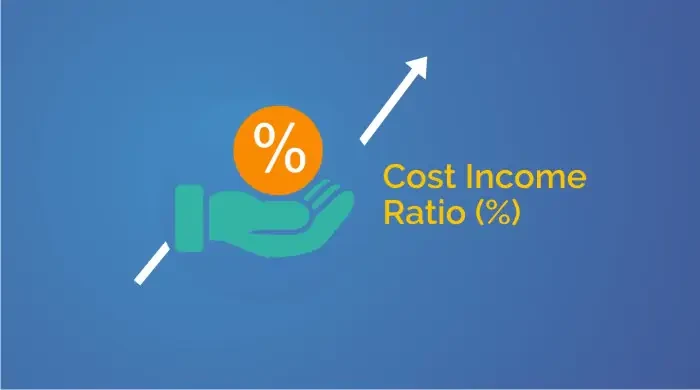
SAO PAULO — Brazil has asked the International Monetary Fund (IMF) to review the way it measures the nation’s gross debt, saying the methodology inflates the indicator, according to a letter the government sent to the multilateral institution.
Reuters
In the letter to IMF managing director Christine Lagarde, Finance minister Guido Mantega asked the fund to revise the calculation of gross debt, which is a sum of all government liabilities at the federal, regional and state-run company levels.
According to Mantega, the issue has been thoroughly discussed several times with IMF staff in recent years.
“The Brazilian government understands that standard criteria for national statistics are necessary for the IMF. However, since the current criteria distort the estimation of Brazil’s gross general government debt, we request a methodological review,” read the letter, a copy of which was obtained by Reuters.
Under IMF standards, gross debt accounted for 68% of Brazil’s gross domestic product by the end of last year, compared with the central bank’s 58,7% reading.
Mantega is asking the fund to reconsider including the amount of National Treasury debt held by the central bank from the calculation of debt, saying the securities are not used as collateral in repurchase agreement transactions.
Mantega’s request comes at a time when investors have grown concerned over government efforts to relax accounting standards in Brazil. Over the past couple of years, the government has excluded capital spending in some state-run companies from the calculation of the so-called primary budget surplus — a key measure of fiscal performance.











